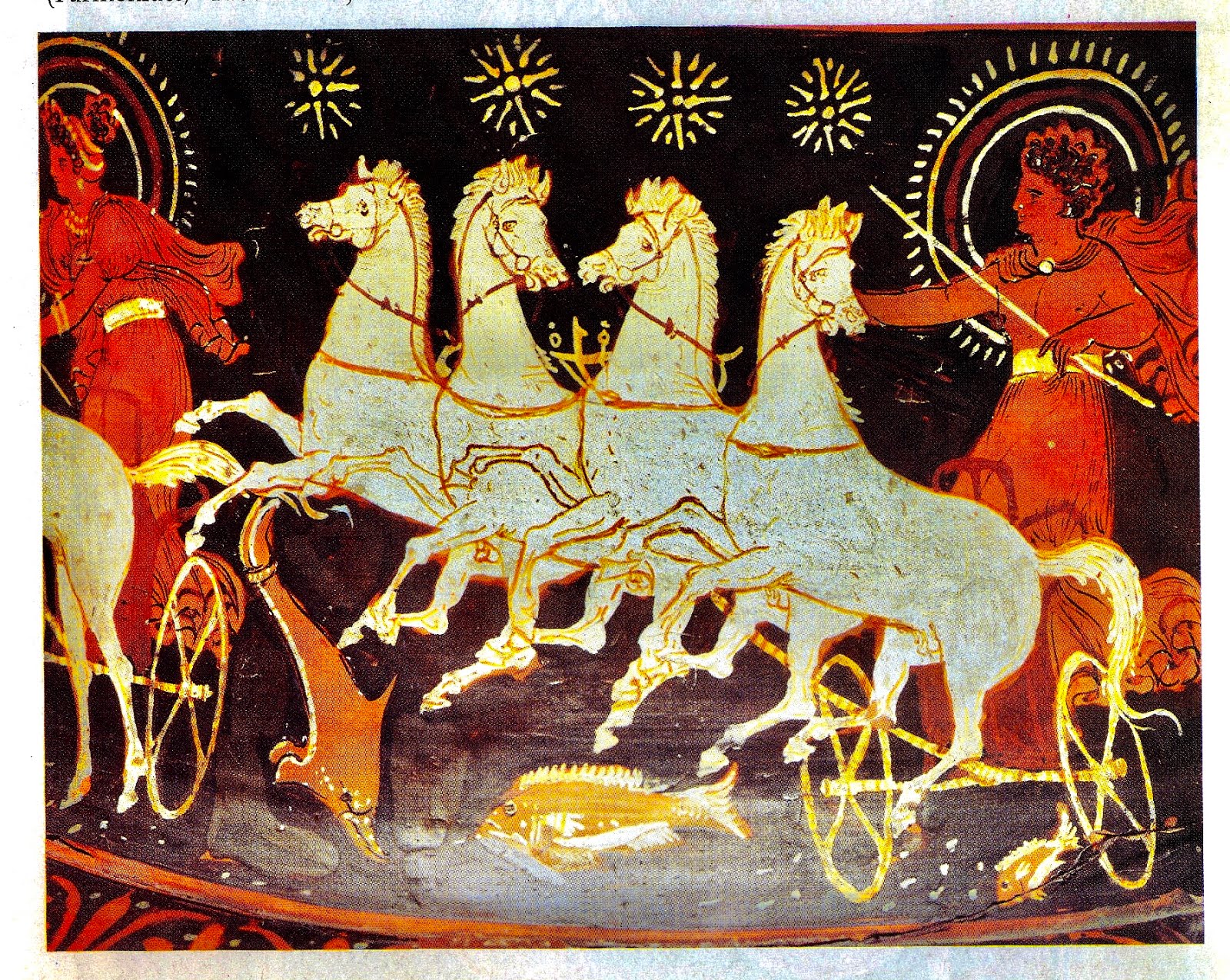Sacred Earth The Greeks thought the Earth was the oldest of the gods. Demeter, sister of Zeus, was the closest of the Olympian deities that resembled Gaia (Earth). Every fall the Athenians sponsored the Eleusinian Mysteries in Eleusis, a small polis near Athens. Greeks from all over the Greek world participated in the Eleusinian celebration of Demeter, goddess of wheat and agriculture. Those who entered the place of worship took an oath not to reveal the secrets of the mysteries. None did. However, what has come down to us is that Demeter-Earth blessed the wheat seeds in the ground for a prosperous harvest. The Greeks were convinced that the land and the natural world were sacred and indispensable for civilization. The Greeks were not alone in worshipping the natural world. Other civilizations like the Egyptian, the Babylonian, the Persian and the Chinese considered the natural world and the Earth sacred. Clash of civilizations The blow against this view of life came from the
